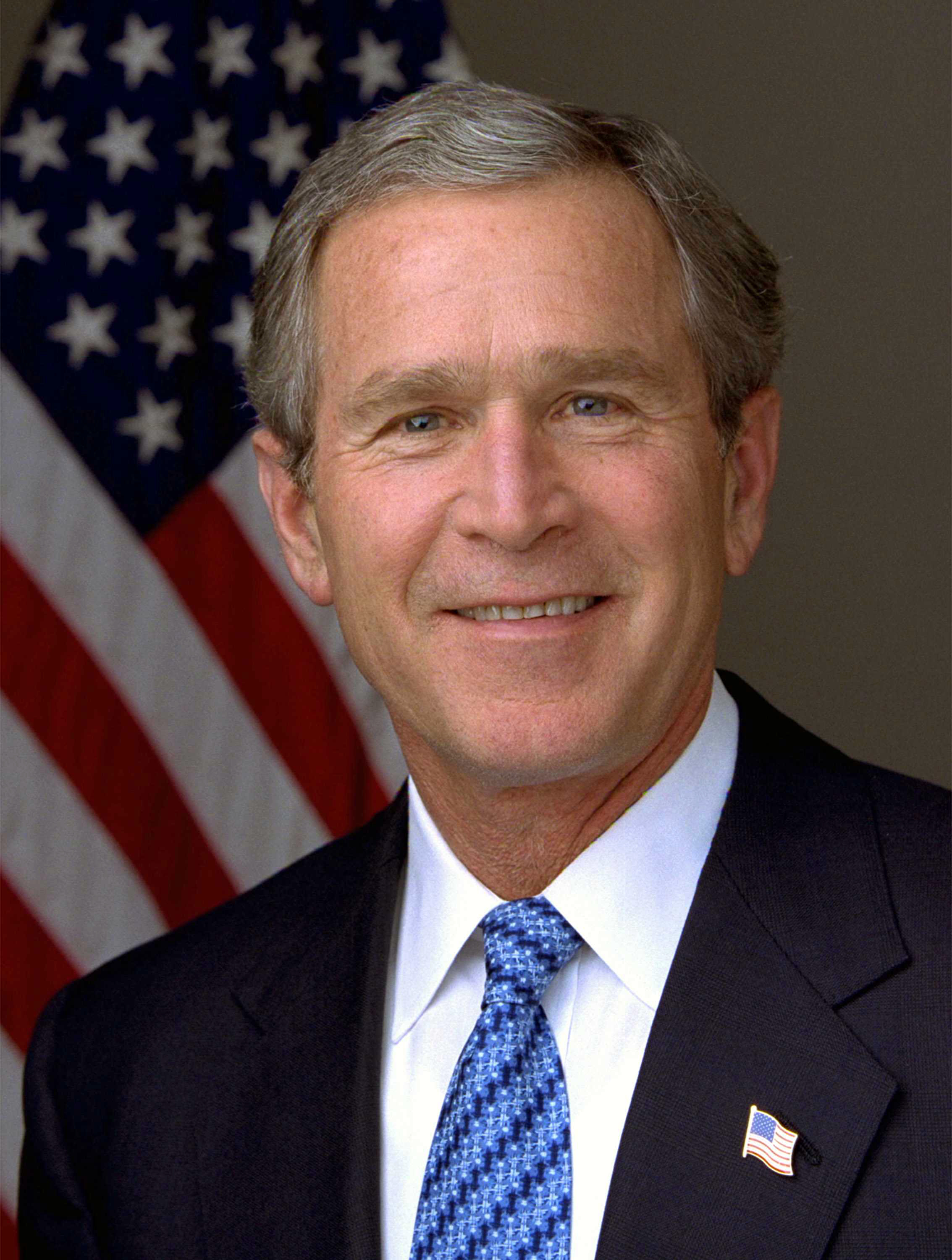On Foreign Policy, Pt. 1: Neo-con
 Editors Note: See here for part 2 of this series and here for the conclusion.
Editors Note: See here for part 2 of this series and here for the conclusion.
We, not identifying ourselves as Democrats, tend to have a bit of an issue when it comes to foreign policy. Other areas of governmental jurisdiction we, at least at face-value, have relatively straightforward ways of addressing. Economic governance is referred to the all-mighty laissez-faire philosophy: governmental intervention is bad, unions are bad, taxation is bad, small business is good. Social issues, though recently becoming more muddled, are still relatively simple. Gun control is bad, abortion is bad.
However, as soon as we look beyond our own borders, those on the right can find little to agree on. On one hand, we have the neo-con Bush apologists who claim that, basically, America should police the world and sometimes spread democracy out of the barrel of a gun. On the other hand, Ron Paul and a large sub-set of libertarians argue that we should “give peace a chance”, that is, to adopt a strictly hands-off approach and simply allow the world to do as it wills as long as the United States is not directly attacked.
What if I told you that neither of these is correct, safe, or in keeping with the Founders’ vision? But before that, I think that it is worth discussing the issues with the two extremes that are presented to us by the ruling Republicans and the libertarians, respectively.
I think the classic example of a neo-con foreign policy is that of George Bush. He successfully started two wars in his first term and failed to end them by the time his second term ended.
The first one was Afghanistan, where the US was prosecuting those responsible for the 9/11 terrorist attacks. The Taliban had taken over in the power vacuum following the evacuation of Soviet troops in 1989. There a lawless breeding ground for Islamic extremist terrorists was developed. This resulted in Al-Qaeda having enough space and ability to fly under the radar to perpetrate the hijackings.
The US response was to send troops to take out the terrorists’ ability to carry out this type of attack again. At least, that’s what it was at the very beginning. Soon, the mission expanded to what is commonly known as nation building. Shouldn’t we give the Afghans a democratic government? Shouldn’t we build schools for their children? Shouldn’t we develop infrastructure? The goal was to create a western-style democracy in Afghanistan. The problem with this is that a society cannot endure shock-treatment westernization. Thus, we have the current situation including a massively corrupt government, and the Afghan army itself attacking US soldiers. This just in: Islamists who have never heard of John Locke or Bill Gates neither want nor can transform their culture into one reflecting San Francisco in 100 years, let alone 10.
The problem is, neo-cons misunderstand human nature. For some reason, Bush and his ideological bedfellows have the assumption that, given the choice, any rational person would choose self-government. In other words, no one would ever vote to oppress himself. I present modern day Russia, the Russian Revolution, Nazi Germany, Revolutionary France, Maoist China, Cuba under Castro and Egypt after the Mubarak regime as counter-examples. Let’s face it, self-government is hard. It’s much, much easier to simply delegate authority to others and not have to worry about living a virtuous, free life. It is especially easy to cede power and rights to a massive central government if that is the only lifestyle one has ever known.
In the modern day Russia example, the world had so much hope. With the end of 1991, the Soviet Union had dissolved and Russia was given what was dubbed “shock-treatment capitalism”. Clearly, the long-suffering Russians would quickly usher in a new golden age of individualism and democracy, now that they had the means to do it, and also had the government’s backing. Wrong, wrong, wrong. The Russians have, over the past 22 years, devolved back into an ever-more authoritarian society where just speaking out against the government can mean jail time. Joseph Stalin is one of the most popular figures in Russian history. I think the lesson here is self-evident.
Methinks the U.S. government must have willfully ignored this narrative playing out in front of their eyes while pursuing their goals in Afghanistan and Iraq. It would be simplistic to say nothing good came out of these actions. Were psychotic madmen who fundamentally made the United States a target removed from power? Yes. However, the US spent far, far more money, spent far, far more time and lost far, far more men than necessary to accomplish this goal. In addition, it didn’t exactly put us on a great footing to meet new threats anytime soon, such as Russian aggression in the arctic. I think we can conclude that neo-con foreign policy is a dismal failure, however well-meaning it is.
Discussion — 2 Responses